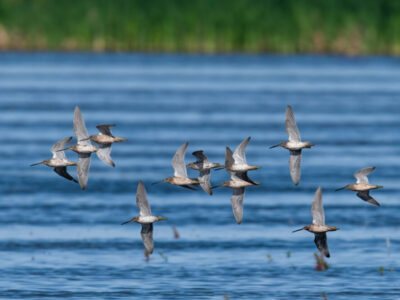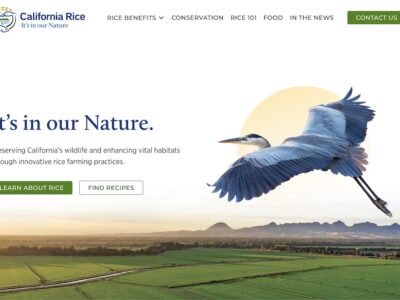Rice Water Quality Programs Monitoring Update
Monitoring for 2025 is halfway complete.
The 2025 surface water monitoring under the RPP and WDR programs is ongoing.
For the Rice Pesticide Program (RPP), there have been a handful of detections in late May, none of which were above the agricultural drain performance goal. The latest results from early June were non-detectable.
The Rice Waste Discharge Requirements (WDR) surface water program is in an assessment year, which means additional sampling for pesticides and toxicity.
Pyrethroids used in rice have been reported in association with water toxicity at the upper Colusa Basin Drain this year for multiple events. The California Rice Commission (CRC) sent out letters earlier this year requesting the use reporting information (to be submitted in the fall) for pyrethroid users in the area. Algal water toxicity was reported in the Sacramento Slough near Karnak as well.
The CRC continues to work on behalf of the industry to conduct required monitoring and interface in reporting with the Water Board. Additional efforts are underway to assess and analyze water quality trends across the valley and gather information from industry on uses and operational patterns.
We appreciate the industry’s support of the regulatory programs and their good stewardship of the commercial products used and protection of the environment.
For more information, contact the CRC’s Industry Affairs Manager Craig Riddle at criddle@calrice.org.



